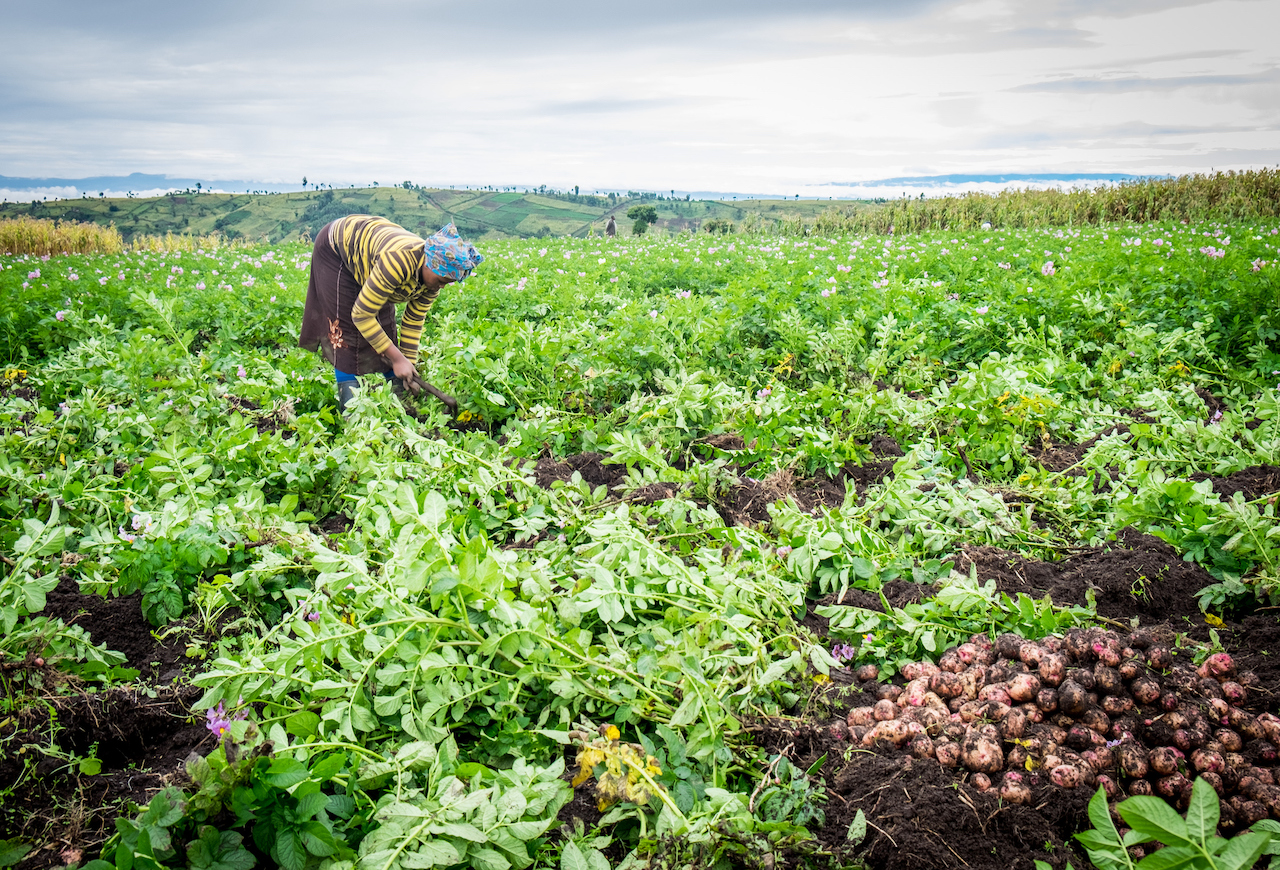The blended finance initiative will back companies offering affordable insurance products to mitigate climate risks for vulnerable farming communities in developing countries

German development bank KfW and impact investment manager BlueOrchard have launched their second fund targeting companies enabling growth of affordable climate risk insurance for vulnerable farming communities in the developing world.
InsuResilience Investment Fund Private Equity II, which has a target size of $100m, is seeking to invest in companies in Asia, African and Latin America that seek to improve the resilience of populations and small businesses to extreme weather events and natural catastrophes.
It builds on a strategy developed for the first InsuResilience Investment Fund (IIF), which closed in June 2020, having attracted $80m in funding from public and private investors.
Making climate insurance available to poorer farmers in areas where climate impacts are becoming more severe is seen as a valuable service, which can help maintain social and economic stability, as well as boosting food production.
Smallholder farmers who lose their crops may be unable to pay their debts, or support their families, and ultimately may be unable to earn a living through farming. Low-cost insurance helps to alleviate those risks.
Investors in the first IIF included the European Investment Bank and the Soros Economic Development Fund. The new fund has already received initial commitments from several private sector investors, according to the fund manager.
BlueOrchard, which is part of the Schroders Group, will manage the new fund. KfW is providing the backing on behalf of the German Federal Ministry for Economic Cooperation and Development (BMZ).
The public-private partnership is part of the G20’s InsuResilience Global Partnership blended finance strategy, which launched at the 2107 COP23 climate change meeting in Germany, with objective of protecting more than 500m vulnerable people in developing countries from the impacts of climate change.
The first fund invested in minority stakes in insurers and reinsurers, but also in companies offering technologies that make climate insurance more accessible to consumers the world’s poorer agricultural regions. The IIF made nine equity investments in eight countries.
BlueOrchard estimates that, together with an associated debt sub-fund, it had reached over 40m climate insurance beneficiaries in 26 countries by June 2022. The fund also provided technical assistance and other support to partner companies, as well as equity capital.
Felix Hermes, head of private equity and sustainable infrastructure at BlueOrchard, told Impact Investor the investment strategy for the second fund would be similar to the first, though some investments may be larger. Those in the first fund were typically in the $3m to $12m range, while the largest investments for the new fund could be around $15m-$20m
“I think we’ve made the case for our approach, because, on the beneficiary side, the fund has been very successful. We’ve made a good part of the impact that we were looking to achieve with the investments we made through the first fund,” he said.
Of course, we are operating in embryonic markets, so it’s not a walk in the park. But this is a market-building mandate, so we are trying to scale up in larger markets, and we have a role in trying to get other markets to those levels too,” he added.
Stephanie Lindemann-Kohrs, Director Global Equity and Funds at KfW said that because BlueOrchard had shown that climate insurance expansion was a suitable impact investing theme, more private capital could be leveraged into these ventures.
Of the existing IIF investments, one which Hermes said had already made an impact is an investment in Israeli firm Agritask, which gives smallholder and other farmers in emerging markets access tools to help them manage their businesses better. Following the investment, the company, which is expected to be available in regions around the world that are home to 25 million farmers by 2025, offers access to insurance products via its platform.
Among more recent investments that show promise, according to Hermes, is one of up to $6.7m in Probus, a retail insurtech firm based in India, and the acquisition of a minority stake in Forte, Cambodia’s largest insurance group. In 2021, Forte launched a pilot for weather index-based crop Insurance with the Cambodian government and the Asian Development Bank, which aims to reach over 1.8 million farmers by 2026.
In June, BlueOrchard’s CEO told Impact Investor that the fund manager intended to expand its financial inclusion and climate strategies, to take advantage of what he said was a “very dynamic environment”.






